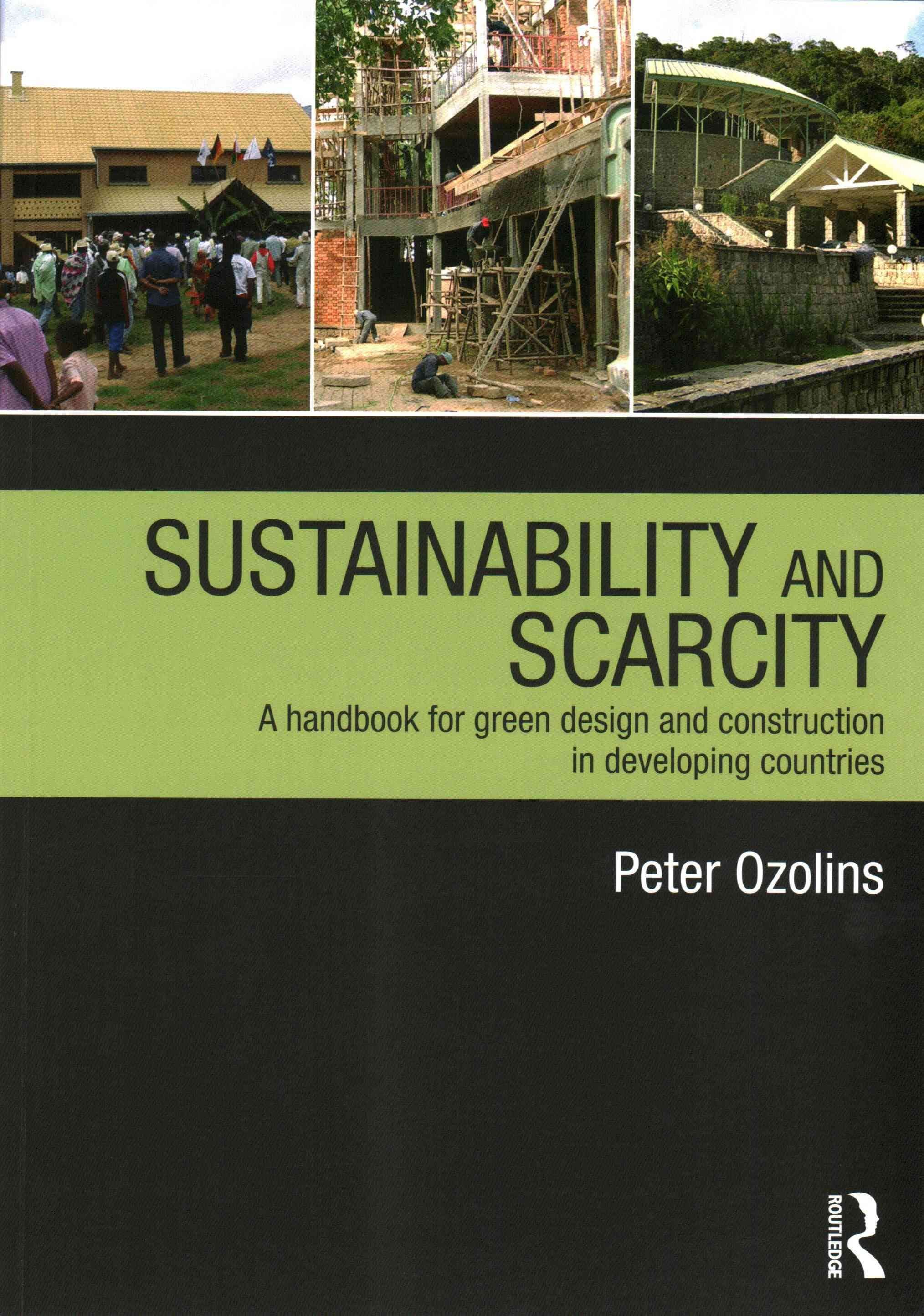This book examines the national automotive policy in Malaysia to help readers gain an understanding of the country’s industrial policy-making processes. Addressing a gap in analysis of the political economy of the national automotive policy, the research presented combines the new institutional theory and the developmental state approach to provide new insights into elite policymakers’ measures to shield domestic automotive enterprises from pro-market reforms. The formation of the national car project marks a turning point for Malaysia’s industrial development as a country, which it envisions will lead to it becoming a major player in the global automotive market. However, the domestic institutional factors embedded in ethno-economic interests and patronage constrain national car-makers, limiting their potential to grow, and instead causing a slowdown in the industry. Allowing readers to understand the background to Malaysia’s heavy industrialisation programme and the birth of its national car projects, this book critically discusses the significance of institutional context in policy outcomes, and highlights how institutions and policies have impact growth or decline. It is a valuable resource relevant to analysts, researchers and students who are interested in the political economy of the national industrial policy and automotive industry in Malaysia and beyond.












